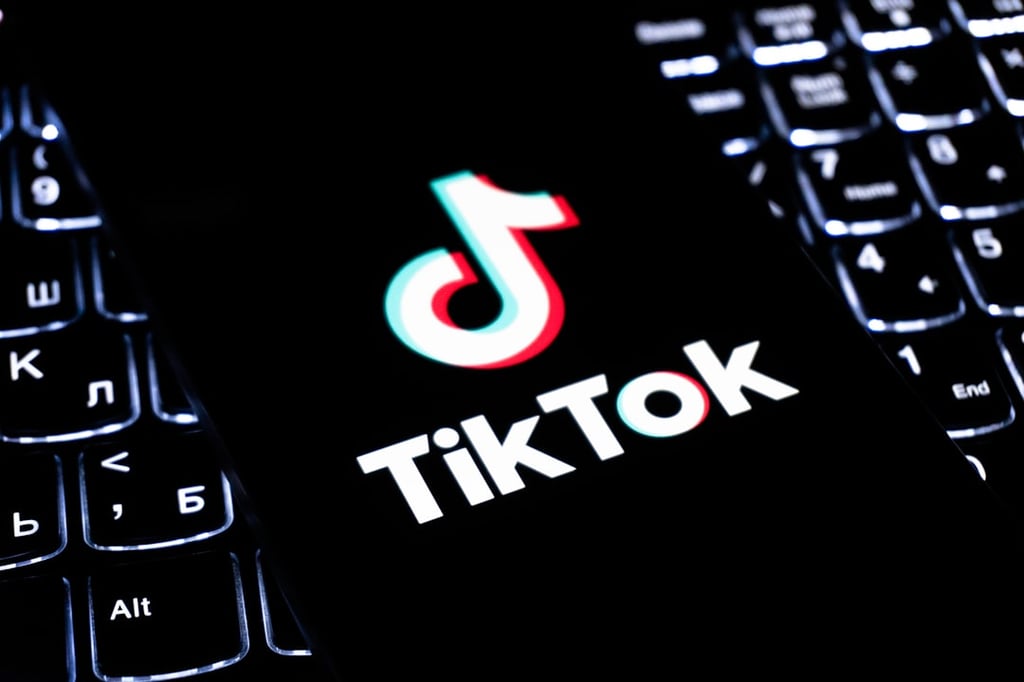The Google-Motorola deal is a go, as far as the U.S. Department of Justice’s (DOJ) Antitrust Division is concerned. The Department gave the go-ahead to Google’s $12.5 billion acquisition of Motorola Mobility. With European Commission’s approval in the bag, Google can now complete the process of bringing home the storied mobile handset maker that in […]
Datamation content and product recommendations are
editorially independent. We may make money when you click on links
to our partners.
Learn More
The Google-Motorola deal is a go, as far as the U.S. Department of Justice’s (DOJ) Antitrust Division is concerned.
The Department gave the go-ahead to Google’s $12.5 billion acquisition of Motorola Mobility. With European Commission’s approval in the bag, Google can now complete the process of bringing home the storied mobile handset maker that in recent years has seen its fortunes wane.
Losing Razr’s Edge
Motorola was once synonymous with mobile telecommunications, thanks to iconic cell phones like the StarTAC and Razr. But the iPhone’s arrival in 2007 kicked off a deluge of smartphones that continues unabated today. In the following years, Motorola found itself in the rare position of playing catch-up, leading the company to publicly hitch its wagon to Google’s own Android platform for smartphones like the Droid and tablets like the Xyboard.
Motorola’s affinity for Android is one of the reasons that makes it such an attractive acquisition target, according to Google CEO, Larry Page. “In 2008, Motorola bet big on Android as the sole operating system across all of its smartphone devices,” he blogged at the time of the announcement last summer. “It was a smart bet and we’re thrilled at the success they’ve achieved so far.”
Another reason to be thrilled: A patent portfolio that includes approximately 17,000 issued patents and 6,800 patents pending.
Though a little behind schedule — Google estimated the deal would close late last year when it was announced in August — the deal calls for $40 per share cash payout for Motorola Mobility shares. Delayed timing aside, the approval process cast a spotlight on the patent turmoil that has seized the mobile industry.
Spoils of (Patent) War
The DOJ also cleared the way for Rockstar Bidco, a partnership that includes Microsoft, Apple and Research in Motion (RIM), to purchase Nortel Network’s portfolio of approximately 6,000 patents for $4.5 billion. The group vastly out-bid Google, which was willing to part with $900 million for the IP haul during the telecommunications company’s bankruptcy proceedings.
The decisions arrive as patent wars are being waged across the mobile industry, pitting companies like Apple and Samsung and Microsoft and Motorola against one another. The legal dramatics haven’t escaped the DOJ’s notice. In its analysis of the Google-Motorola and Rockstar Bidco-Nortel deals, the DOJ echoes the fears of the mobile marketplace’s stakeholders.
The DOJ wrote, “the critical issue is whether the patent holder has the incentive and ability to hold up its competitors, particularly through the threat of an injunction or exclusion order. The division’s analysis focused on how the proposed transactions might change that incentive and ability to do so.”
Despite those concerns, “The division concluded that each of the transactions was unlikely to substantially lessen competition for wireless devices.” Even with respect to the fact that “Motorola Mobility has had a long and aggressive history of seeking to capitalize on its intellectual property,” the DOJ believes that the IP transfer “would not substantially alter current market dynamics.”
Pedro Hernandez is a contributor to the IT Business Edge Network, the network for technology professionals. Follow him on Twitter @ecoINSITE
-
Ethics and Artificial Intelligence: Driving Greater Equality
FEATURE | By James Maguire,
December 16, 2020
-
AI vs. Machine Learning vs. Deep Learning
FEATURE | By Cynthia Harvey,
December 11, 2020
-
Huawei’s AI Update: Things Are Moving Faster Than We Think
FEATURE | By Rob Enderle,
December 04, 2020
-
Keeping Machine Learning Algorithms Honest in the ‘Ethics-First’ Era
ARTIFICIAL INTELLIGENCE | By Guest Author,
November 18, 2020
-
Key Trends in Chatbots and RPA
FEATURE | By Guest Author,
November 10, 2020
-
Top 10 AIOps Companies
FEATURE | By Samuel Greengard,
November 05, 2020
-
What is Text Analysis?
ARTIFICIAL INTELLIGENCE | By Guest Author,
November 02, 2020
-
How Intel’s Work With Autonomous Cars Could Redefine General Purpose AI
ARTIFICIAL INTELLIGENCE | By Rob Enderle,
October 29, 2020
-
Dell Technologies World: Weaving Together Human And Machine Interaction For AI And Robotics
ARTIFICIAL INTELLIGENCE | By Rob Enderle,
October 23, 2020
-
The Super Moderator, or How IBM Project Debater Could Save Social Media
FEATURE | By Rob Enderle,
October 16, 2020
-
Top 10 Chatbot Platforms
FEATURE | By Cynthia Harvey,
October 07, 2020
-
Finding a Career Path in AI
ARTIFICIAL INTELLIGENCE | By Guest Author,
October 05, 2020
-
CIOs Discuss the Promise of AI and Data Science
FEATURE | By Guest Author,
September 25, 2020
-
Microsoft Is Building An AI Product That Could Predict The Future
FEATURE | By Rob Enderle,
September 25, 2020
-
Top 10 Machine Learning Companies 2021
FEATURE | By Cynthia Harvey,
September 22, 2020
-
NVIDIA and ARM: Massively Changing The AI Landscape
ARTIFICIAL INTELLIGENCE | By Rob Enderle,
September 18, 2020
-
Continuous Intelligence: Expert Discussion [Video and Podcast]
ARTIFICIAL INTELLIGENCE | By James Maguire,
September 14, 2020
-
Artificial Intelligence: Governance and Ethics [Video]
ARTIFICIAL INTELLIGENCE | By James Maguire,
September 13, 2020
-
IBM Watson At The US Open: Showcasing The Power Of A Mature Enterprise-Class AI
FEATURE | By Rob Enderle,
September 11, 2020
-
Artificial Intelligence: Perception vs. Reality
FEATURE | By James Maguire,
September 09, 2020
SEE ALL
ARTICLES









